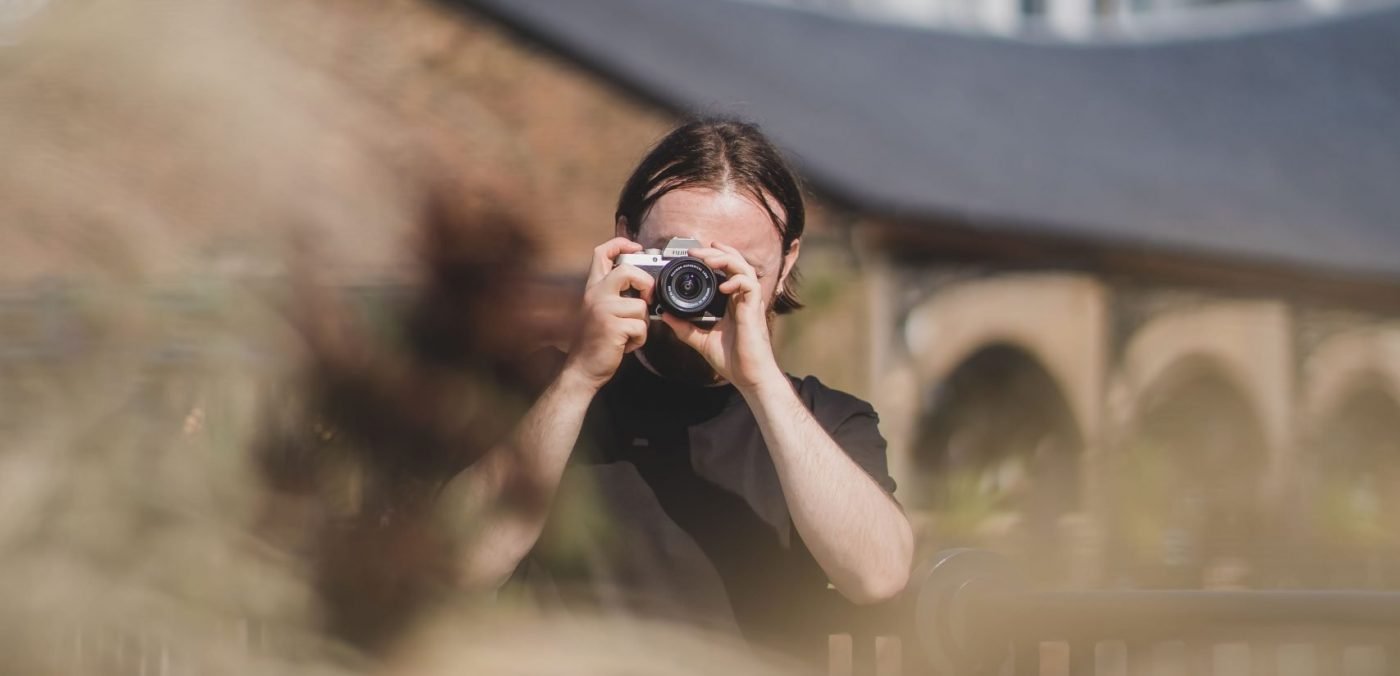What are the Extracurricular Requirements to Study Medicine?
Online Tutoring
I offer online tuition to students studying Biology, Chemistry and Physics at secondary and tertiary levels. I am happy to take on clients from around the world and have a proven track record of top marks achieved by my students. I also tutor for the medical entrance exams, mainly focusing on the UCAT and UCAT ANZ.
To enquire further and set up a free consultation, please use the contact form on this website, drop me an email or contact me through SuperProf.
Okay so, good grades in the right subjects aside, what else do you need to do to make yourself really stand out to medical schools? Here we will go through the extracurricular requirements to study medicine in the United Kingdom, which are vital for a good personal statement.
Medical Work Experience
The most important extracurricular activity you can do to boost your application is medical work experience.
Getting some medical work experience before you apply to medical school really is vital. First, it shows the university that you are committed to studying medicine, and willing to spend your free time boosting your application. Secondly, it gives you a real insight into medicine and working in healthcare. Furthermore, it shows a dedication and resilience as finding good medical work experience can be very tricky.
Medical work experience can be done in a number of ways. Hospital placements, where you shadow a healthcare professional in a hospital, are a very common form of work experience. I deliberately say healthcare professional here because I believe that you don’t need to shadow a doctor for the whole duration of your medical work experience. Nurses, pharmacists and radiographers are examples of other healthcare professionals you may be able to shadow. Other types of placement include:
- General Practice Placements
- International Placements
- Community Healthcare placements
Any of the above extracurricular activities would fulfil the medical school requirements, provided you are able to write about them in your personal statement and talk about them in your interview. Check out this page for more information on medical work experience
Volunteering
Many medical applicants will undertake a year or so of volunteering in their local community. Frequent places to find volunteering opportunities are:
- Nursing/Care Homes
- Hospices
- Charity shops
- Community Centres
Volunteering long-term at one of the above is a great way to demonstrate you are a helpful and caring person. These are very important traits for medical students and doctors. It can also show communication skills and hard work.
Sports, Clubs and Work
Competitive sports teams and clubs, such as chess clubs or debating societies, area great way to demonstrate teamwork, communication, hard work and organisation. Not everyone can be part of a competitive sports team. Alternatives include bands, school clubs and part time jobs.
You want to demonstrate strong social skills, that you are a well-rounded person with a range of interests and that you have strengths outside of academia.
Your extracurricular activities are your chance to show the medical schools who you are, what makes you, you. If you are currently engaging with a range of hobbies and interests outside of school, then you are well on your way to building a great application to medical school.
Medical schools do have extracurricular requirements. Medical work experience is the main, unavoidable one. Apart from that, what you do to demonstrate that you are the perfect candidate is up to you.
If you would like to know more about the academic requirements of studying medicine in the UK, check out this post.
Please don’t hesitate to leave a comment below or get in touch via the Contact page.

-
-
3 years
-
Tagged Medical School, Medical student